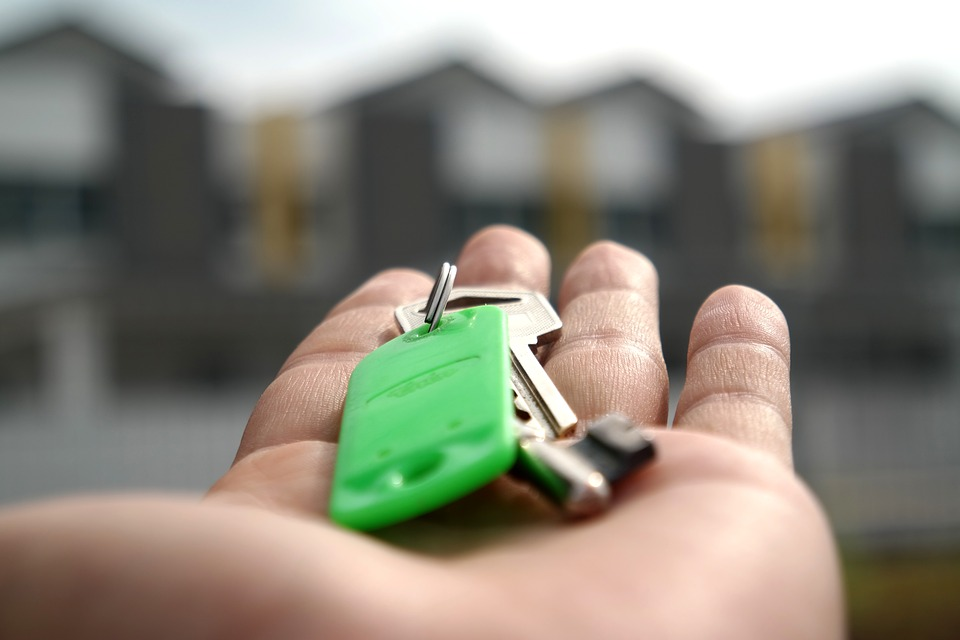For a long time, I wanted to buy a home for one main reason: my rent money was going towards paying someone else’s mortgage. It seemed like such a waste. If I could only afford the deposit on a home, I could pay a similar amount that actually went towards ownership. What was I getting out of renting, other than helping a landlord make passive income?
Since owning a home, I have learned that landlords are underappreciated. Sure, there are some awful people who become landlords. But good landlords do much more than simply collecting your money. When you own a home, you learn that it takes far more resources, both material and emotional, than you expected.
There are certainly some things you should know before buying a house. These include the expectations that now fall on your shoulders entirely.
Here is how you can better transition from being a renter to being a homeowner.
Ask the seller for a rundown of their expenses
The unfortunate reality is that there are many expenses you will know nothing about until you own your home. These include items on your utility bills such as sewerage availability fees and demand fees (depending on where you live). They include homeowners insurance, which is far more expensive than renters insurance.
There may also be fees for the HOA if you live in a suburb or for the board of your apartment or condo. These expenses differ vastly from place to place (and even between homes in the same area). The best way to get an accurate assessment is to ask the seller of the home for a rundown. If they’re willing to give you a sample utility bill, that will be ideal, too.
Budget for home maintenance
When renting a place, asking the landlord to take care of maintenance can be frustrating. However, it is nowhere near as frustrating as taking care of maintenance yourself. Furthermore, you don’t realize just how expensive maintenance is until you own a home. This is true even if your home is fairly new.
If you haven’t budgeted for maintenance, you can fall behind very quickly. Your home can start to look and feel as if it is in a state of disrepair. The simple fact is that maintenance is going to be a major expense as long as you own a home.
The rule of thumb provided to homeowners is that you will be spending at least 1% of the total value of your home on maintenance every single year. In 2022, you may well be paying around $400,000 for your home. That means you will spend at least $4,000 on maintenance every single year.
Considering that goods are becoming more expensive by the day, it is reasonable to expect that maintenance costs are keeping up with the rising cost of housing.
Get to know the neighbors
The saying goes that good fences make good neighbors, but some people prefer to go further and just pretend their neighbors don’t exist. This may be a reasonable approach to take if you are renting your home, but if you own a home, you are setting yourself up for trouble. Good neighbor relations serve a purpose.
Neighbors will let you know about any issues to expect, whether related to rising costs, local maintenance or construction work, crime, and more. People who have lived in the neighborhood for an extended period of time will be able to give you a lot of insight into what it is like to live there and things that lighten the load.
It is also extremely worthwhile to know your neighbours when your water pressure is low or your electricity is out. You need to be able to find out if the problem is yours alone or is happening to everyone. If the latter is true, you will be able to find out if anyone is doing anything about it or if you have to take the initiative.
Owning a home is very different to renting. The transition will take time no matter how well you are prepared. However, knowing about extra costs and neighborhood expectations will set you up to take each new issue as it comes.
Related Posts: